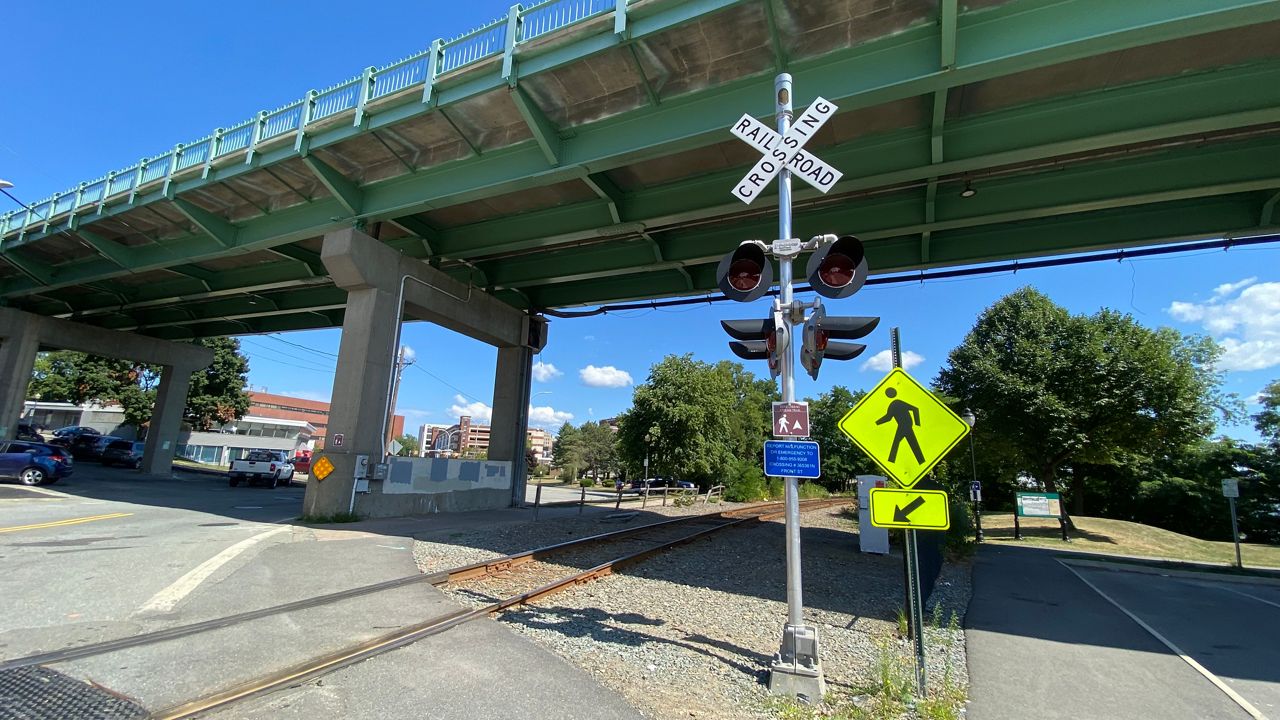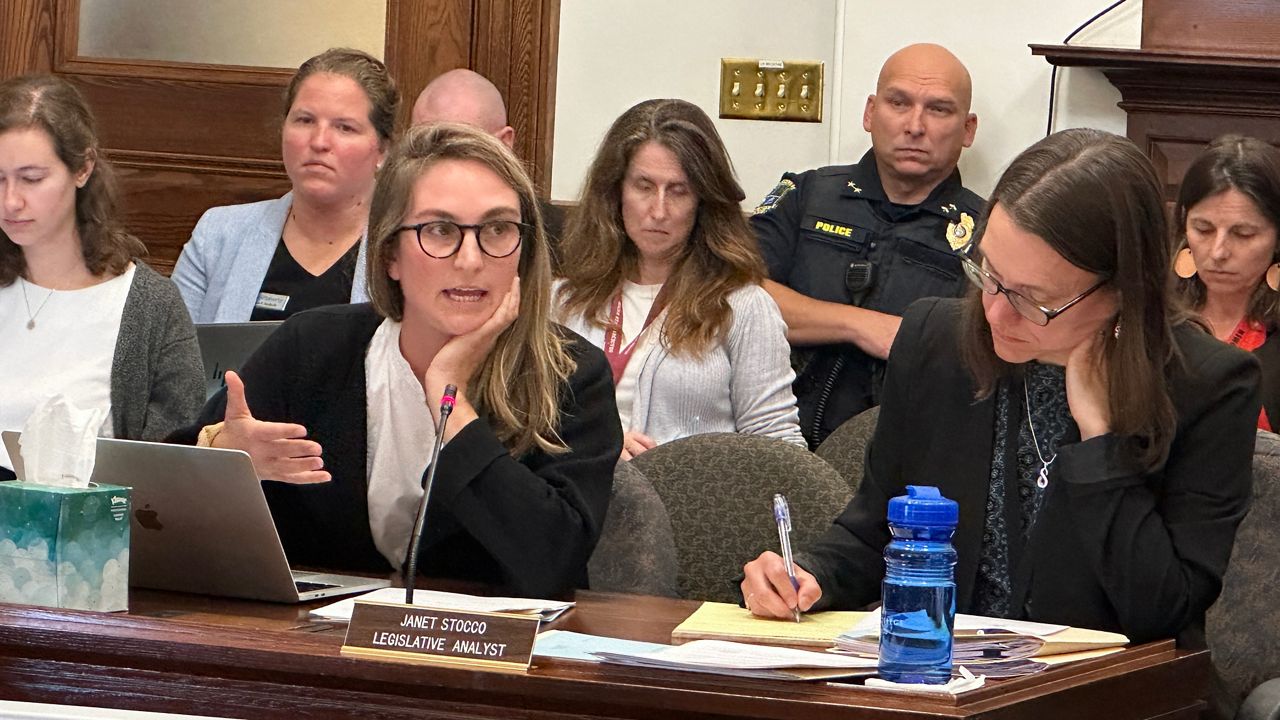A state committee will soon be tasked with studying whether there’s enough demand to support passenger rail service between Portland and Bangor, something supporters say would be an economic boon to central and northern Maine.
“The return of passenger rail to Augusta and Central Maine could be a game changer,” Keith Luke, Augusta’s economic development director, said via email. “We have all been reminded how unpredictable fuel prices can be, and the far-ranging impact price increases have on all of us. The only question now is whether rail will return in the next five years or fifty.”
Sen. Joe Baldacci (D-Bangor), who sponsored the legislation to call for the committee, hopes it doesn’t take 50 years. He said once again extending passenger train service to Bangor — which ended in 1961 — would be an economic development tool and a way to help the state’s older population and college students get to their destinations. There are climate change benefits too, with opportunities to get more cars off the roads.
“I think there’s broad popular support,” he said. “I would like to have statewide service. I think that should be the goal eventually.”
Baldacci said he’s frustrated by what he feels has been a slow process to get the study off the ground. The legislation passed last year and was signed into law in June 2021. With a primary focus on roads and bridges, he’s not sure the Maine Department of Transportation can give the issue the attention it deserves.
“We may need to set up a separate independent agency,” Baldacci said. “I think DOT is going to lose this in its bureaucracy. There needs to be a focused public agency that is working on rail, unless we don’t want to meet the challenges of the 21st Century.”
Nathan Moulton, director of freight and passenger services at the Maine DOT, said the department has hired Boston-based consultant VHB to lead the study group and that the department will meet the Jan. 1, 2023 deadline to report its findings to the Legislature. He agrees with Baldacci that roads and bridges are the primary focus of the Maine DOT, but said they also have offices dedicated to ports, railroads and other transportation needs.
And, they partner with the Northern New England Passenger Rail Authority, which was created in 1995 to oversee train service. He compared it to the Maine Turnpike Authority, a separate entity that works collaboratively with Maine DOT.
The passenger rail authority oversees the Amtrak Downeaster, which runs from Boston to Brunswick, with stops in Maine in Wells, Saco, Old Orchard, Portland and Freeport. In 2019, the last full year before the coronavirus pandemic, more than 500,000 people rode the Downeaster, a record setting year that was 8% higher than 2018, according to the rail authority.
Moulton said the study — officially called the Transit Propensity Study — will look at not only the possible extension of passenger rail service but at bus service between Portland and Bangor. For the past two months, they have been gathering data about how many people travel between the cities, how they are getting there now and whether they will give up their cars to switch to public transportation.
“We love our cars in this country,” Moulton said. “What is the propensity to use enhanced transit if we put it in place?”
Augusta, Waterville and Bangor all contributed funds to help pay for the study in addition to state funding. The study will cost $200,000. The public will have a chance to weigh in this fall when the committee is partway through the process and again when the report is final, Moulton said.
“For us at DOT, it’s more about how do we move people efficiently,” he said. “It’s a whole system. We look at these things mode-agnostic.”







)

